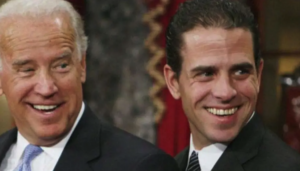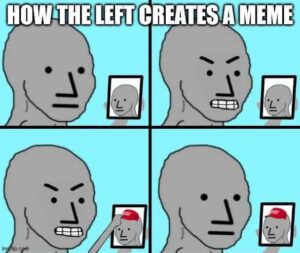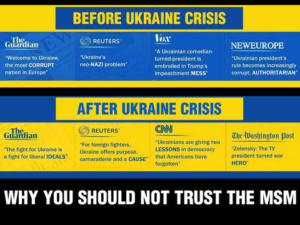BREAKING: President of Argentina Milei Signs First Executive Order Reducing Argentine Government from 21 Ministries to 9

Javier Milei, Argentina’s president-elect, is expected to overhaul the country’s economic and political order on Monday by introducing a “radical” package of reforms.
“It is a strong shrinking of the state structure,” one figure on the president-elect’s team told La Nacion.
The following Tweet could not be verified:
He is expected to abolish the ministries for health, women, and indigenous people.
The bill is also understood to lay out plans for public companies to be converted into public limited companies, and deregulate sectors such as mining and oil in a bid to generate large investments.
Nicolás Saldías, of the Economist Intelligence Unit, believes that such changes would have a positive short-term impact, by increasing confidence for investors and causing asset prices to rise.
“This would help Argentina cover its financing gap, and also allow the central bank to accumulate reserves,” he said.
“It would help reduce depreciation pressure on the peso and lead to lower inflation and interest rates, which would boost economic growth in the short-to-medium-run.”
Mr Saldias noted, however, that the long-term impact will depend on whether the reforms are sustained by future governments, adding “and that is not a guarantee in Argentina”.
The question also remains about whether Mr Milei can pass through his plans. He has only 38 deputies and seven senators, and is expected to encounter strong resistance.
The support he has in the deputies chamber “won’t be enough”, according to Dr Julio Montero, a political scientist and professor at the University of San Andres, who added that Milei will need to engage in “hard negotiations”.
“Most probably, the package will be debated through the summer [Dec-Feb] and LLA will have to make lots of modifications in order to obtain the support they need,” he said.
He also believes it will be resisted by trade unions and social movements, “which have a huge capacity to mobilise people”.
Dr Montero added, however, that perhaps Mr Milei’s immediate goal is to kick off the debate and “prepare the field to make some changes by decree”.
“If necessary, he may also call for a referendum,” he said.








